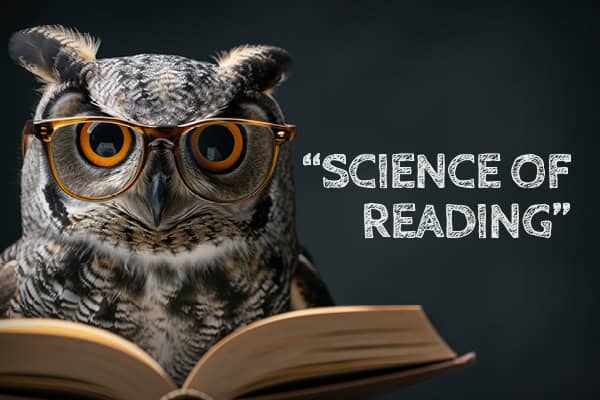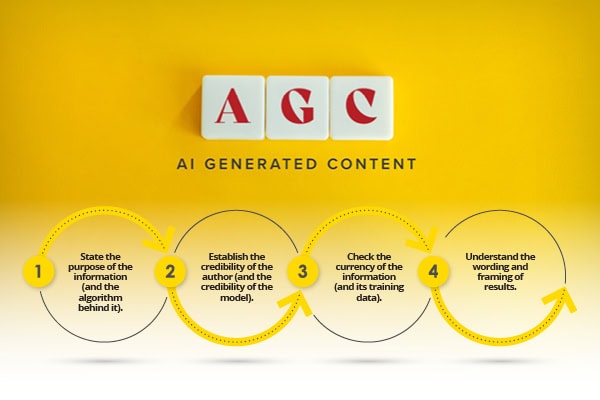Claude Goldenberg, a professor emeritus at Stanford University, critically examines the polarized views surrounding the “science of reading” in an article for EdSource.
He points out the oversimplification and misinformation plaguing the debate from both advocates and skeptics of this approach.
Advocates often claim unwarranted certainty, such as suggesting that science-backed methods can universally elevate students to grade-level proficiency. Skeptics misrepresent scientific tools such as fMRI, underestimating their capability to link brain activity with reading comprehension.
Goldenberg argues that effective reading instruction must be built on clear and evidence-based foundations. This includes recognizing the essential nature of phonics or decoding skills for connecting spoken language to written text, which he deems nonnegotiable.
He criticizes “balanced literacy” approaches for their lack of systematic instruction in these crucial skills.
Beyond decoding, Goldenberg stresses the importance of automatic word recognition and the integration of comprehensive language skills, including vocabulary and syntax, which are vital for fluent reading and comprehension.
EdSource





